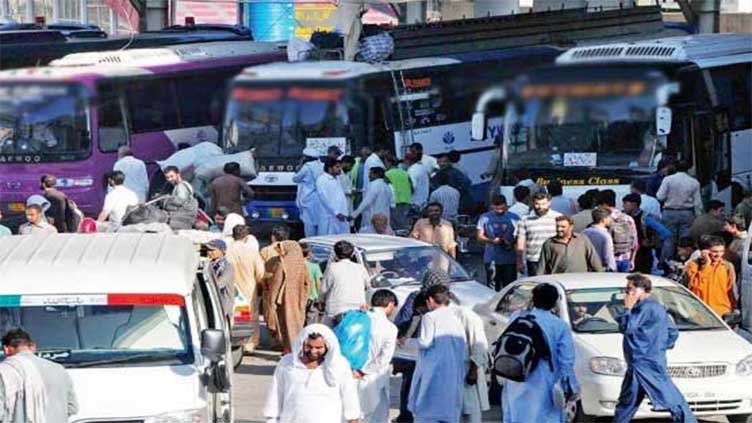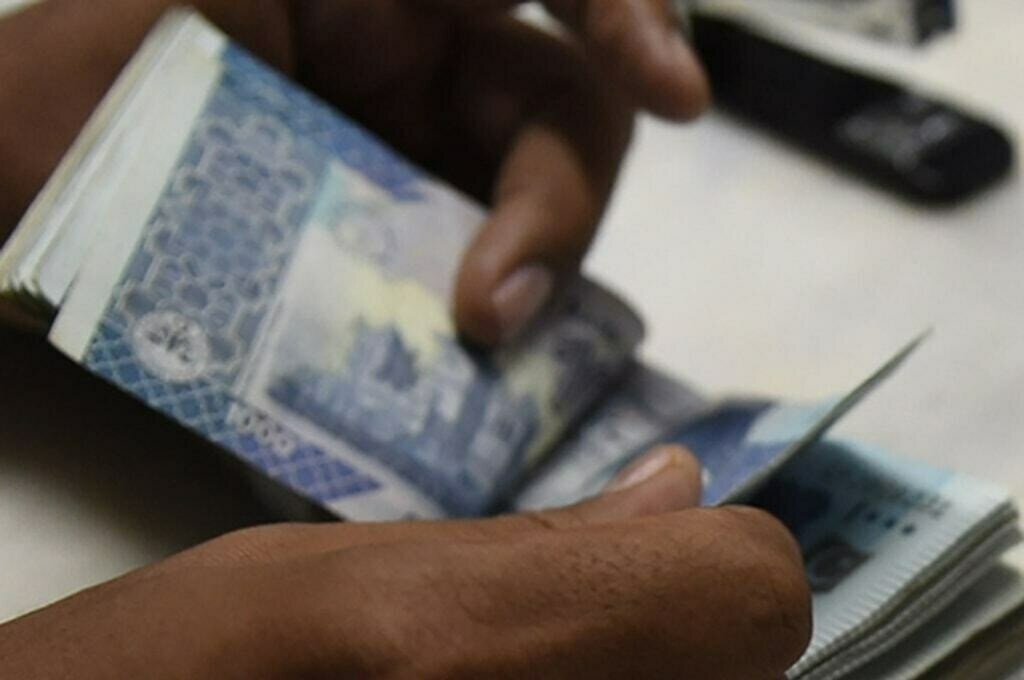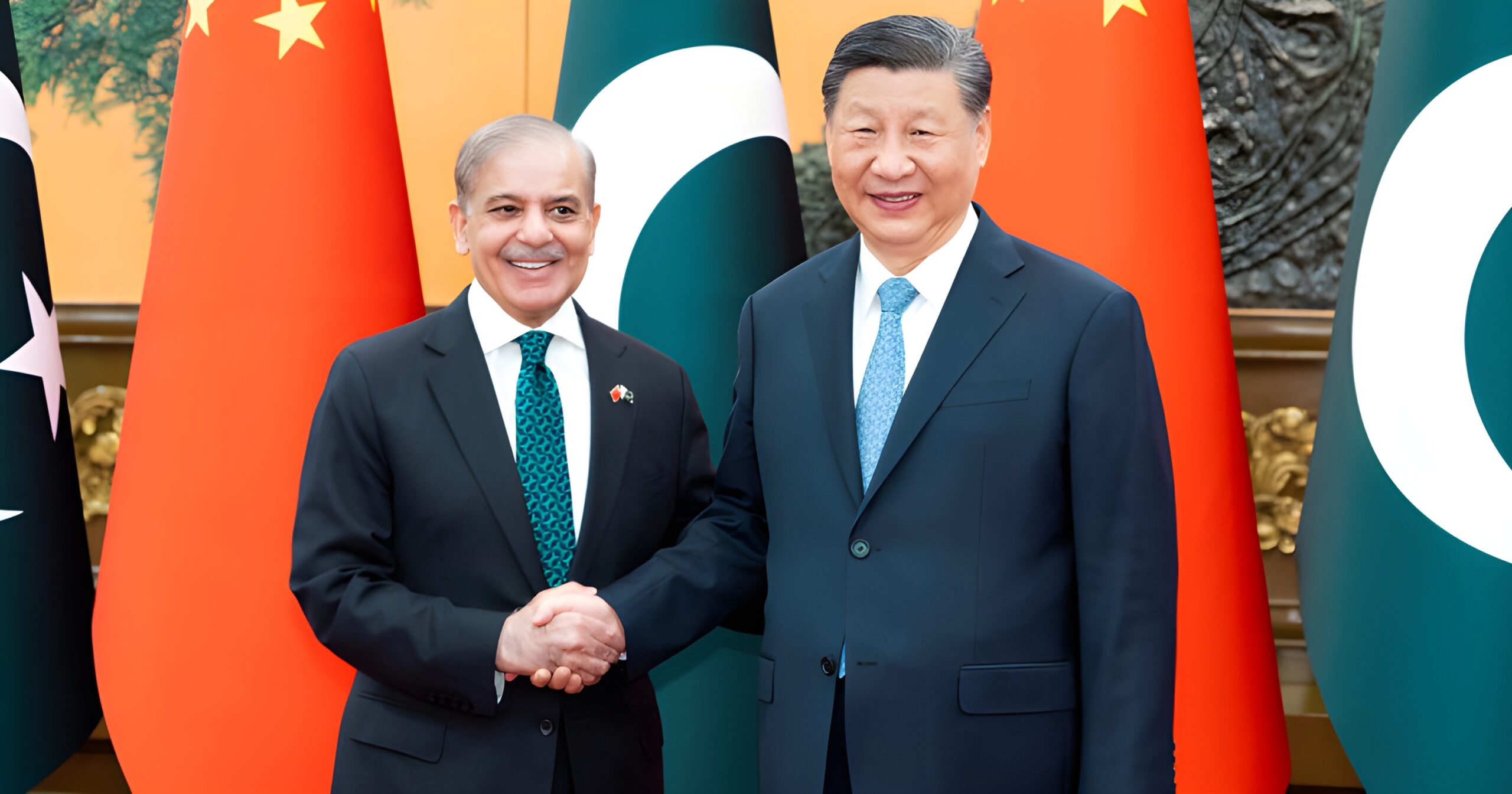Mohsin Siddiqui (Chief Reporter)
In the wake of the recent surge in petroleum product prices, public transporters across Pakistan have increased fares, adding another burden on the common man. The fare hike ranges from Rs30 to Rs100 across various routes, significantly impacting intercity travel costs.
The fare from Lahore to Karachi has been raised from Rs6,350 to Rs6,450, while the fare to Rawalpindi has seen an increase from Rs1,930 to Rs2,000. Similarly, the fare to Peshawar has gone up from Rs2,400 to Rs2,500. Passengers traveling from Lahore to Quetta will now have to pay Rs3,500, and the fare to Loralai has been hiked to Rs2,800. Additionally, the fare from Lahore to Murree has increased from Rs2,600 to Rs2,670, while the fare to Faisalabad has risen from Rs980 to Rs1,030. The fare from Lahore to Multan has also been revised, going up from Rs1,830 to Rs1,860.
Passengers have expressed their concerns, stating that the increase in fares, driven by the rise in petroleum prices, has severely impacted the financially disadvantaged. Many passengers rely on public transport for their daily commute and intercity travel, and the fare hike has added a significant strain on their already tight budgets.
“With the rising cost of living, this fare hike is the last thing we needed,” said a passenger traveling from Lahore to Rawalpindi. “It’s becoming increasingly difficult to manage our expenses.”
The fare increase has not only affected long-distance travel but also short-distance routes. Commuters who depend on public transport for daily travel within cities are also feeling the pinch. The cumulative effect of these fare hikes is expected to have a widespread impact on the daily lives of millions of Pakistanis.
Transporters have defended the fare hike, citing the rising costs of vehicle spare parts following the increase in petroleum prices. They emphasized that the fare hike was unavoidable to keep their vehicles operational.
“Raising fares is necessary; otherwise, we will be forced to shut down our services,” stated the transporters. “The increase in petroleum prices has made it impossible for us to maintain our vehicles and cover operational costs without adjusting the fares.”
The transporters highlighted that the cost of spare parts, maintenance, and other operational expenses have surged alongside the hike in petroleum prices. This has created a challenging situation for them, leaving fare increases as the only viable option to sustain their businesses.
The fare hike in public transport comes at a time when the country is grappling with economic challenges, including inflation and rising cost of living. The increase in transportation costs is likely to have a ripple effect on other sectors as well. Higher transportation costs can lead to increased prices of goods and services, further exacerbating the financial strain on the common man.
Economists have warned that the continued rise in petroleum prices and subsequent fare hikes could lead to reduced consumer spending. As more income is diverted towards transportation costs, people may cut back on other expenses, affecting overall economic activity.
In light of the fare hike and its impact on the public, there have been calls for government intervention to provide relief to passengers. Many believe that the government should explore measures to stabilize petroleum prices and provide subsidies to the transport sector to mitigate the need for fare increases.
“The government needs to step in and address this issue. The continuous rise in petroleum prices is not sustainable for the common man,” said a commuter. “We need measures that can help stabilize prices and provide some relief to the public.”




